



Fassbinder’ s masterpiece The Marriage of Maria Braun follows the life of a young German woman named Maria Braun (Hanna Schygulla), married to a former soldier (Klaus Lowitsch) in the waning days of WWII. The film details the sad lives of German citizens dealing with a lost war, and a lost spirit and trying to maintain their dignity through it all.
Maria Braun’ s not-so-ordinary wedding day includes a two week courtship by a German soldier who is about to be shipped of to a losing battle for the Nazis, followed by a quickie ceremony at the justice of the peace amid Allied bombing during the final phase of World War II. Though they had merely two nights together, we feel she truly loves this man, and vice- versa. Hermann Braun is the true love of Maria’ s life. She patrols the train station wearing a sign with a picture of Hermann in hopes of obtaining information, accompanied by her sister, Betti (Elisabeth Trissenaar), who is also waiting for news on her own husband, Willi (Gottfried John).
Poor and feeling nervous about the return of her husband Hermann, Maria takes a job as a prostitute at an underground bar for American soldiers in order to make ends meet. One day, her brother- in- law, Willi, returns home, alone, with news of Hermann’ s death. Distraught, she returns to the bar and asks a shy, kind hearted soldier named Bill (George Byrd), a large, African- American man, to dance with her. Soon, Bill is hopelessly in love with her. He provides for her, teaches her English, and proposes marriage. One day, Hermann unexpectedly turns up at the door during one the lovers’ rendezvous. It is at this moment we also learn that Maria is carrying Bill’ s child. During a momentary struggle between Bill and Henry, Maria ends up killing Bill with a bottle accidentally. Hermann protects Maria by accepting responsibility for the murder. Maria eventually loses the baby, and contemplates what life might have been like for an interracial child in a Germany stained by Hitler’ s poisonous philosophies.
This inner turmoil is so passively expressed by Braun’ s character through her words to one of her “johns”, that we see how hardened men and women have become by the destruction and pain of the war. This is also seen during Maria’ s visits to her husband in jail, after he takes responsibility for Bill’ s death. She casually tells him of her on- going affairs and their sexual outcome. He takes it all in, and only lets out a deep breath. Vowing to create a good home life for Hermann when he is eventually paroled, Maria accepts an offer from a textile industrialist named Oswald (Ivan Desny), that she meets on a train, as a “very special” assistant. But Maria is an extremely resourceful and calculating woman. Preying on Oswald’ s loneliness and attraction to her, Maria initiates an affair with him, increasing her influence within his company, rising up the corporate ladder thanks to her sharp wits and her more womanly assets. When Oswald suddenly dies, he leaves her everything.
Rainer Werner Fassbinder creates a darkly comic and scathing portrait of Germany’ s revitalization program in The Marriage of Maria Braun. There is a pervasive sense of desperation in the German people: Friends visiting a bombed out school building, to discuss life’ s daily issues, climbing through rubble as if it were grass in a field. The sounds of contruction emphasizing the country’ s incomplete recovery after the war. Hermann’ s indefinite prison term seems to vary with the political tide, reflecting the government’ s own uncertainty over its agenda. The Marriage of Maria Braun is about the idea that true love has no place in an exploitative and emotionally detached world of materialism and struggle.
Great perfomances and great dialogue, make this film an extreme accomplishment, showing what people are willing to accept in order to make themselves feel their life has meaning. The film was released just three years before Fassbinder’ s own suicide. Presumably his own angst caught up with him, and bringing it to the screen wasn’ t enough to escape it.
Review © 2005 Film Fetish, written by Rene Carson

















![Busty Model in Cowboy Hat – Version A [210523-0005]](https://www.filmfetish.com/img/p/2021/08/210523-0005-13x19-VR-A-web-170x170.jpg)
![Brigitte Bardot Set of 4 Vintage Original Photo Postcards [L47]](https://www.filmfetish.com/img/p/2023/02/P1480557-bardot-170x170.jpg)
![Actress Abbe Lane Portrait [220417-11]](https://www.filmfetish.com/img/p/2022/10/220417-11-abbe-lane-13x19-web-170x170.jpg)
![The Famous Latin Quarter Nightclub Marquee Signage, New York City April 1958 Photo [220417-4]](https://www.filmfetish.com/img/p/2022/04/220417-0004-11x85-web-170x170.jpg)






















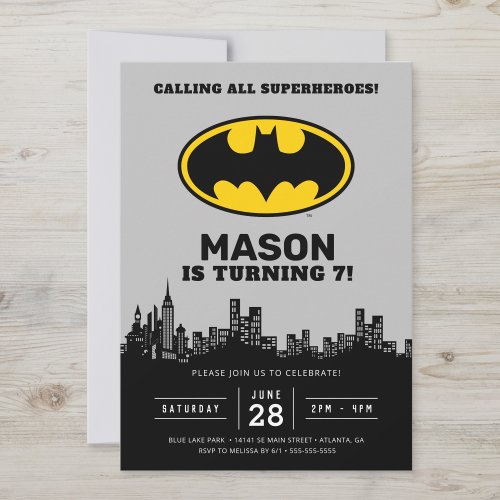




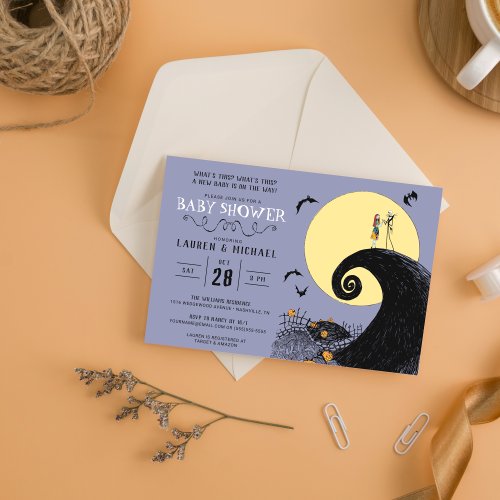



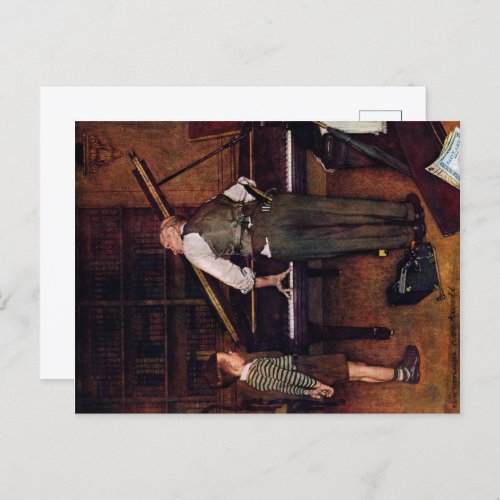

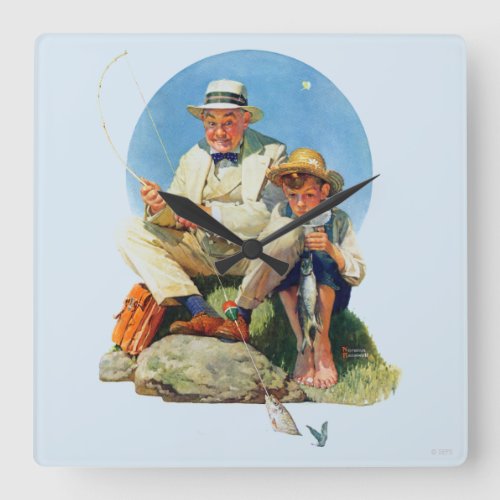














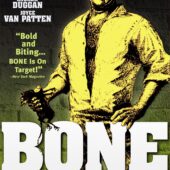
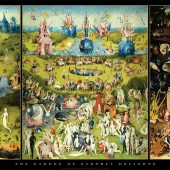


![The Hollywood Reporter (June 22, 2012) Oliver Stone Cover [9191]](https://www.filmfetish.com/img/p/2021/11/hollywood-reporter-9191-01-170x170.jpg)
![Audiovisual Script Writing (1968) [193143]](https://www.filmfetish.com/img/p/2019/06/audiovisual-script-writing-193143-01-170x170.jpg)
![Bette Davis: A Biography in Photographs (1st edition, 1985) [193171]](https://www.filmfetish.com/img/p/2019/06/bette-davis-193171-01-170x170.jpg)
